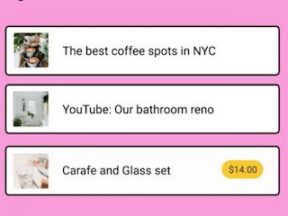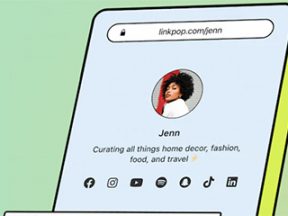Last year, Dropbox released the beta version of Shop, its new commerce platform, giving content creators a lightweight ecommerce store aimed at downloadable digital products.
Dropbox Shop entered its public beta in April 2022, and more recently, the company has started to invite creators to build a shop and sell.
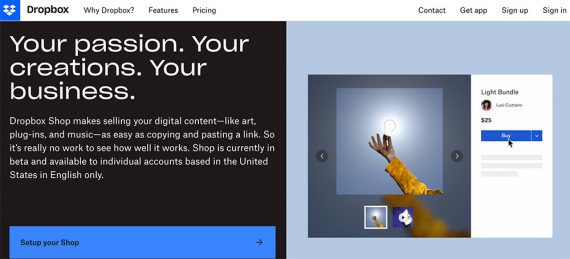
Dropbox Shop is the storage company’s foray into ecommerce focused on helping creators sell digital downloads.
Creator Ecommerce
Dropbox Shop addresses a trend in commerce, an explosion in the sale of creator-made ebooks, music, art, video, templates, code snippets, and courses.
Creators are the entrepreneurs of the engagement economy. Creators connect to consumers, build digital relationships, and eventually sell digital products and services.
Khemaridh (Khe) Hy is an example. Hy spent 15 years as a Wall Street executive, including over eight years as a managing director at BlackRock, a multinational investment firm that manages trillions of assets.
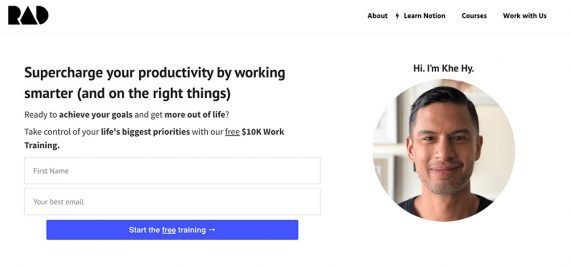
Khe Hy transitioned from Wall Street to being a creator.
In an interview, Hy said that he had earned as much as “seven figures” in a single year but was not satisfied with what he was doing for a living.
Hy became a creator, focusing on productivity. He hosts live, four-week courses. He blogs at RadReads and has an associated newsletter.
Another example is Thomas Frank, who grew a large audience on YouTube, also concentrating on productivity. Like many creators, he generated income from sponsorships — think influencer marketing — and platform ads. But more recently, he has been selling digital templates for Notion, the project management and note-taking software.
The Notion template Frank sells — called “Ultimate Brain” — is a downloadable bundle. The sales process is identical to a typical checkout process on popular ecommerce platforms. However, it does not require the management of physical inventory.
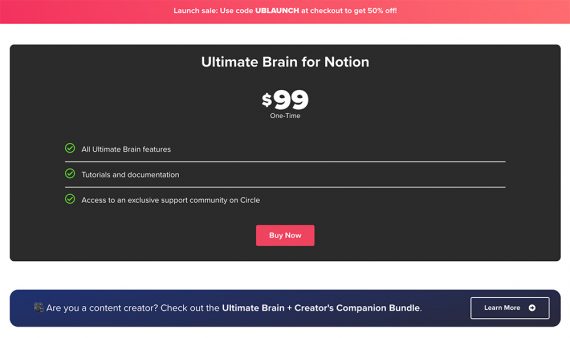
Thomas Frank’s Ultimate Brain for Notion template
Consider, too, Katelyn Bourgoin, who founded four businesses, including a creator-like company called Customer Camp, which helps merchants sell products and services via digital “cheatsheets” for customer feedback.
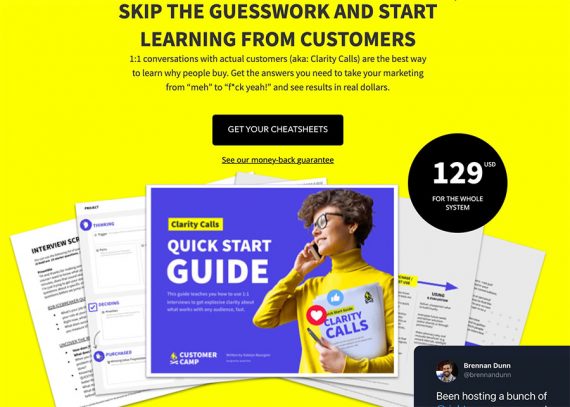
Katelyn Bourgoin sells “Clarity Calls” cheatsheets
Platforms
Hy’s courses, Frank’s Notion templates, and Bourgoin’s cheatsheets don’t fit neatly into established ecommerce platforms. They could sell on Shopify, BigCommerce, or Magento, but they don’t.
Their products are on platforms such as Podia, Gumroad, ConvertKit, and several other creator-first networks. This is where Dropbox Shop is entering.
Creator software is fragmented. There are lots of niche offerings. And many of these software tools are converging in ecommerce.
- Shopify, the leader in ecommerce platforms, launched a link-in-bio tool aimed at creators.
- Epic Games, which makes Fortnite, bought Bandcamp to expand its creator marketplace capabilities.
- And in addition to Shop, Dropbox launched a service (Capture) to collect screenshots, screen recordings, gifs, and audio files. Dropbox also released a video-sharing service called Replay.
Creator Land Grab
It is as if software companies are in a creator land grab. Each business is trying to develop superior features to attract top creators.
This last part — attracting top creators — is significant because folks such as Hy, Frank, and Bourgoin are not solely customers of creator commerce software. They will likely be paid affiliates and influencers.
The complex relationship between creators and the various software-as-a-service companies they use is one of the forces driving the convergence mentioned above.
Imagine a scenario where a creator works with three SaaS partners to sell an ebook. The creator could use Dropbox to store the ebook, an email newsletter service to engage subscribers, and an ecommerce platform such as Gumroad to facilitate the transactions.
Each SaaS company has a share of the creator’s business and praise. The company expands with better core competencies, attracting more creators.


